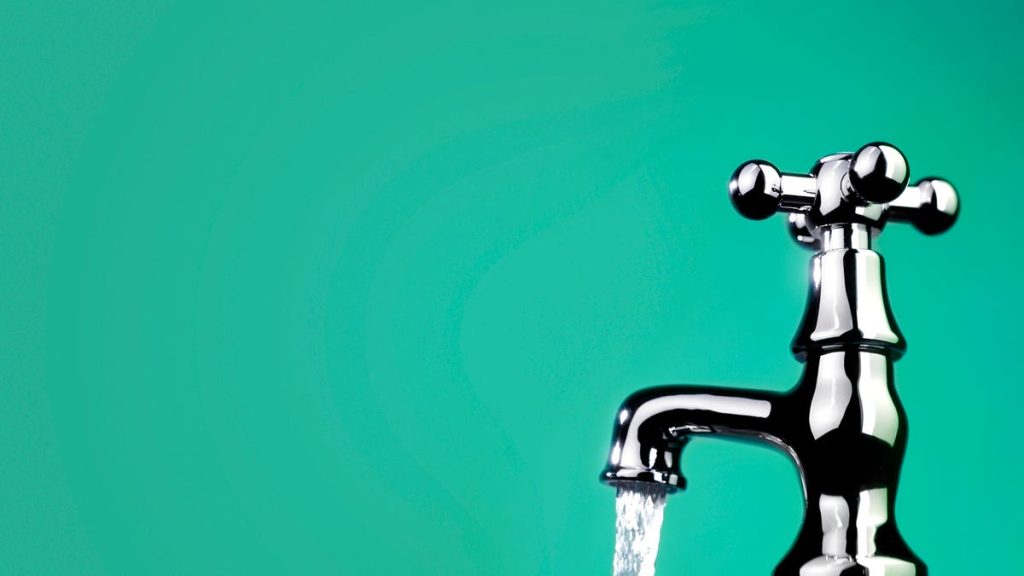In the summer, utility costs can rise due to increased use of air conditioning and water. The average American household uses over 300 gallons of water per day, costing around $1,000 per year. To save money, it is important to conserve water usage in addition to other energy-saving practices. Checking for leaks and making faucets more efficient can help reduce water consumption. Installing smart leak sensors and using low-flow toilets can also lead to significant savings.
Making small changes like adding aerators to faucets, using weighted bottles in toilet tanks, and running dishwashers only when full can help save water. Running a dishwasher with Energy Star certification can save up to 5,000 gallons of water annually compared to handwashing dishes. Similarly, taking shorter showers and installing water-efficient shower heads can lead to significant savings. Skipping baths altogether and making smarter choices with water usage can have a positive impact on reducing water bills.
Implementing these changes not only benefits your wallet but also helps the environment. By being mindful of water use and investing in water-saving technology, you can reduce your monthly expenses. Each small adjustment, from switching to efficient appliances to adjusting shower habits, contributes to overall water conservation. By making these changes, you can become more conscious of your water consumption and its impact on your finances and the planet.


